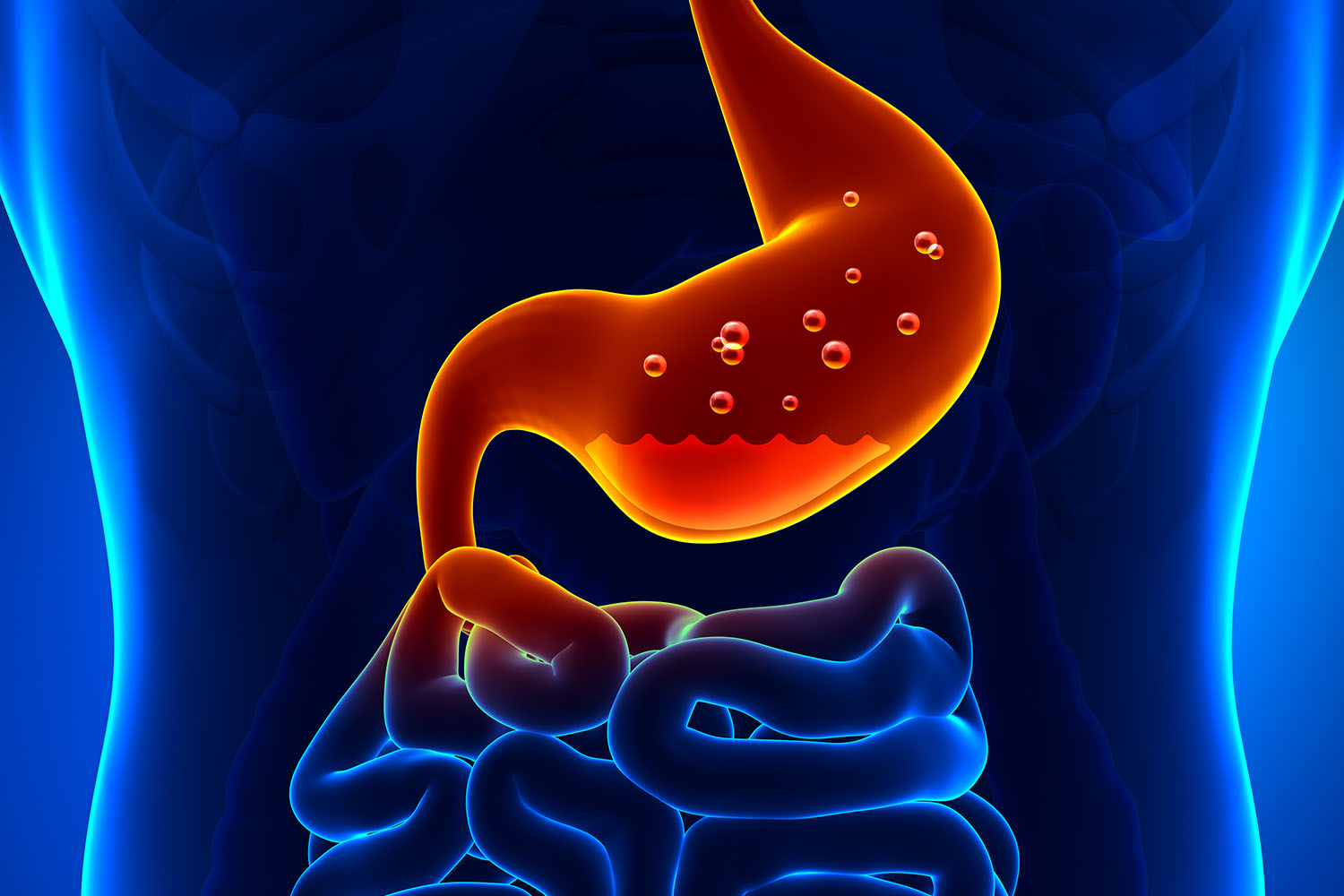Overview
Gastritis, an inflammation of the stomach lining, is a common gastrointestinal issue that affects millions of people worldwide. This condition can be acute, occurring suddenly, or chronic, developing gradually over time. Understanding the symptoms of gastritis is crucial for early diagnosis and effective treatment. This blog delves into the various symptoms associated with gastritis, drawing insights from international research and medical literature.

Common Symptoms of Gastritis
Abdominal Pain and Discomfort
One of the hallmark symptoms of gastritis is abdominal pain, often described as a burning or gnawing sensation in the upper abdomen. This pain can vary in intensity and may be accompanied by a feeling of fullness or bloating. According to a study published in the World Journal of Gastroenterology, nearly 70% of patients with gastritis report experiencing abdominal pain .
Nausea and Vomiting
Nausea, often followed by vomiting, is another prevalent symptom of gastritis. These symptoms occur as a result of the irritation and inflammation of the stomach lining, which can disrupt normal gastric functions. Research conducted by the National Institute of Diabetes and Digestive and Kidney Diseases (NIDDK) highlights that nausea is a frequent complaint among individuals with both acute and chronic gastritis .
Loss of Appetite
A decreased appetite is commonly reported by individuals suffering from gastritis. The discomfort and nausea associated with this condition can lead to an aversion to food, contributing to weight loss in some cases. A study in the Journal of Gastroenterology and Hepatology found that loss of appetite is a significant symptom in patients with gastritis, impacting their overall nutritional intake .
Bloating and Belching
Gastritis can cause excessive gas production, leading to bloating and frequent belching. These symptoms are often exacerbated after eating, as the inflamed stomach lining reacts to food intake. The American Journal of Medicine notes that bloating and belching are common among gastritis patients, often causing considerable discomfort and social embarrassment .
Indigestion (Dyspepsia)
Indigestion, or dyspepsia, is a broad term that encompasses various digestive discomforts, including heartburn, burping, and stomach upset. This is one of the most reported symptoms of gastritis. A comprehensive review in The Lancet indicates that dyspepsia is present in over 80% of individuals diagnosed with gastritis, making it a critical symptom for clinical evaluation .
Hematemesis and Melena
In more severe cases of gastritis, individuals may experience hematemesis (vomiting blood) or melena (black, tarry stools). These symptoms indicate gastrointestinal bleeding and require immediate medical attention. Research from the Journal of Clinical Gastroenterology emphasizes the importance of prompt diagnosis and intervention in patients presenting with these alarming symptoms .
Recognizing the symptoms of gastritis is essential for timely medical intervention and management. Abdominal pain, nausea, loss of appetite, bloating, indigestion, and, in severe cases, gastrointestinal bleeding are key indicators of this condition. International research underscores the prevalence and impact of these symptoms, highlighting the need for increased awareness and proactive healthcare measures.
If you experience any of these symptoms persistently, it is important to consult a healthcare professional for a thorough evaluation and appropriate treatment. Early detection and management of gastritis can significantly improve quality of life and prevent potential complications.



